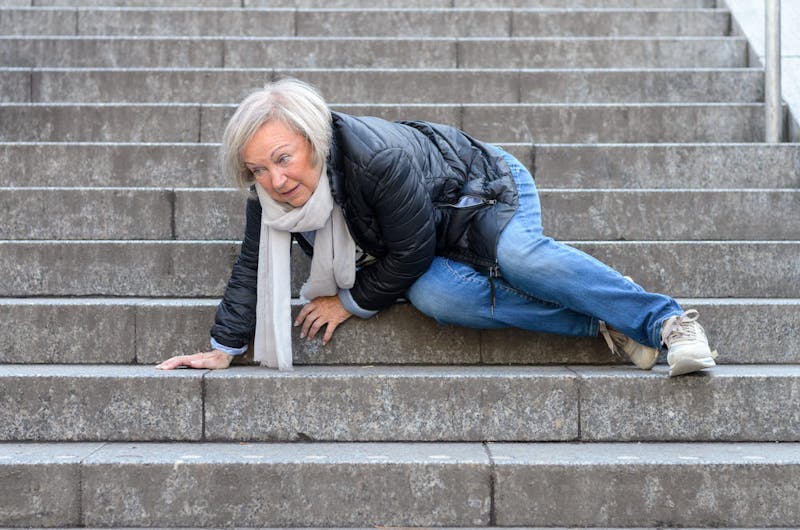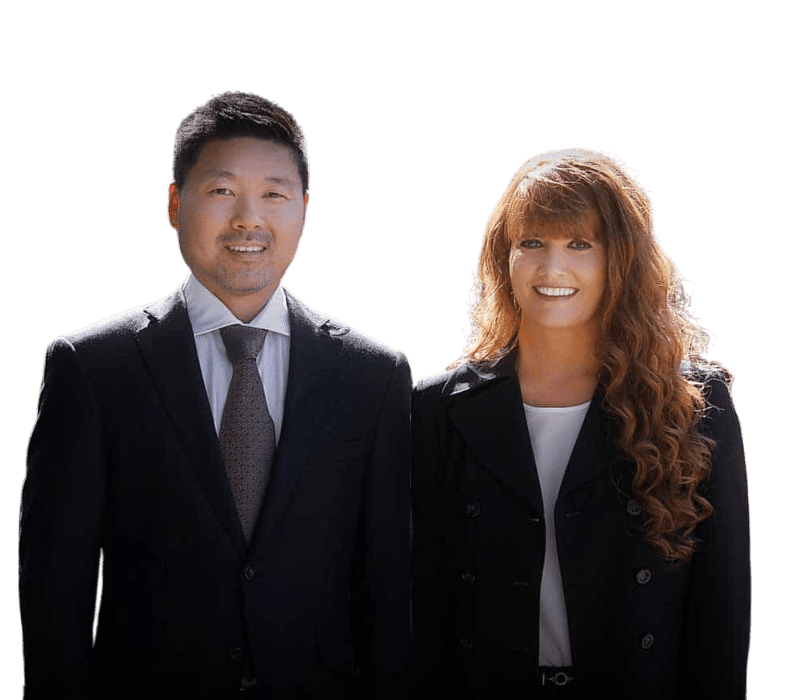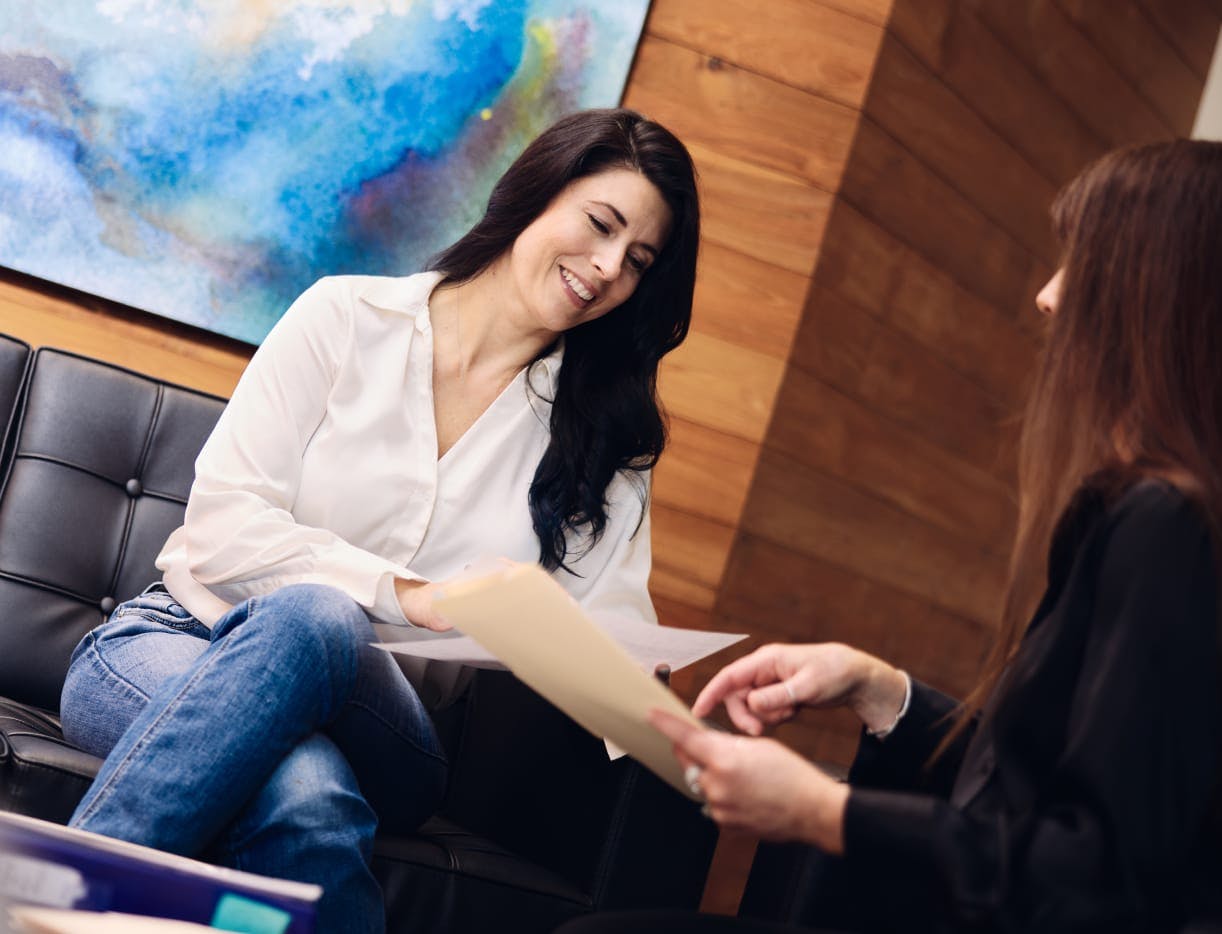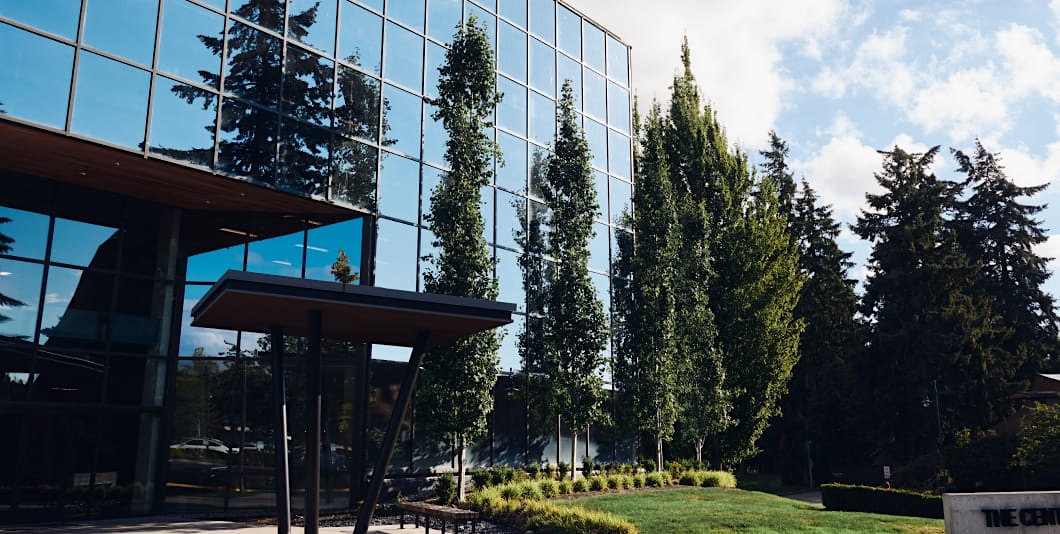
A slip and fall on someone else’s property can leave you with expensive medical bills, lost earnings from missed time at work, and lingering pain and suffering. But if the owner or occupier of the property caused the accident by creating or negligently failing to fix a hazard, they should have to pay for these and other losses. You can demand they do so by filing a premises liability claim against them.
However, this claim likely involves complex legal issues best left to an experienced Tacoma slip and fall accident attorney. They can guide you through the claims process and present a compelling argument to hold the property owner or other parties responsible for your injuries and losses. What’s more, they can do so at no upfront cost to you.
About Slip and Fall Accidents
A slip and fall refers to an accident where a person slips or trips and falls on another party’s premises due to a hazard on the property.
Slip and fall accidents usually occur in places that have considerable foot traffic, such as:
- Grocery stores and supermarkets
- Bars and restaurants
- Home improvement stores and garden centers
- Gyms and fitness centers
- Hotels
- Office buildings
- Apartment buildings and townhouse complexes
- Schools
- Hospitals
- Recreational parks
- Amusement parks
- Swimming pools
- Shopping malls
- Parking lots/garages
Many different hazards could potentially cause someone to slip, trip, or otherwise lose their footing.
Common causes of slip and falls include:
- Spilled foods or liquids
- Water leaks
- Tracked-in water, snow, ice, mud, or plant debris
- Recently mopped or waxed floors
- Torn or loose carpeting or rugs
- Broken or loose tile or hardwood flooring
- Uneven ground
- Broken or missing steps or handrails
- Trash or debris on the ground
- Broken pavement
- Cords or wires laid across walking paths
- Low lighting
A slip or trip and fall accident can cause injuries much more serious than cuts and bruises.
Falling from a height or hitting an object while falling can result in debilitating injuries like:
- Abrasions
- Broken bones
- Dislocated joints
- Facial injuries and scarring
- Herniated spinal disc injuries
- Ligament sprains/tears
- Muscle or tendon strains/tears
- Spinal cord injuries and paralysis
- Traumatic brain injuries
Liability for Slip and Fall Accidents
Property owners owe visitors to their premises a duty of care, a legal term meaning they must exercise a certain degree of caution to prevent that person from coming to harm.
First, you can hold an owner liable for an accident caused by a hazard they themselves created. But if the accident happened because of a condition they did not create, the duty of care they owed the visitor depends on that person’s legal status as an invitee, licensee, or trespasser.
A visitor qualifies as an invitee when they enter the property upon the owner’s express or implied invitation, such as a potential customer entering a commercial establishment.
Property owners owe invitees the highest duty of care, which involves undertaking reasonable efforts to maintain the property in a safe condition or warn invitees of the presence of hazards the owner knows or should know about. Reasonable efforts may include regular inspections to identify hazardous conditions and fix those conditions within a reasonable time.
A visitor qualifies as a licensee when they enter the property with the owner’s permission or other lawful authority, such as a delivery person, utility worker, or social guest. An owner owes a licensee a duty to warn them of any dangerous conditions the owner knows or should know about that the licensee would not likely discover.
If an owner allows people to enter their property for free for recreational purposes, the owner may not have liability for unintentional injuries suffered by a visitor.
A visitor enters the property as a trespasser when they lack the owner’s permission or other lawful authority to enter the property.
An owner merely owes a trespasser a duty to refrain from willfully or wantonly injuring the trespasser. However, this rule might not apply when young children trespass onto the property and get hurt due to a dangerous condition the owner should have expected might entice children to enter the property. Common examples of this include pools and trampolines.
Who Might You Hold Responsible for a Slip and Fall Accident?
The law usually holds the property owner responsible for a slip and fall accident caused by a hazardous property condition the owner created or failed to fix. That said, other parties might bear liability for a slip and fall accident under certain circumstances.
Examples of parties who may have some responsibility for injuries and losses caused by a slip and fall include:
- A property owner: Property owners usually have the responsibility to maintain the premises, including fixing or cleaning up any dangerous conditions that might injure lawful visitors.
- A commercial tenant/business: Businesses or commercial establishments that lease their premises might bear liability for customers’ slip and fall accidents because commercial tenants usually have responsibility for maintaining the premises.
- A residential tenant: A tenant might bear liability for a slip and fall that a visitor or guest suffers inside the tenant’s exclusive leased space.
- A property management company: Large commercial or residential properties might have property management companies hired by the building owner to maintain the premises. You can hold them liable if they fail to maintain the property under the terms of their contract.
- A third-party maintenance company: Property owners might contract maintenance or landscaping companies to perform interior or exterior maintenance.
Proving Liability for a Slip and Fall Accident
Proving that a property owner or other party bears liability for a slip and fall accident might require evidence of the underlying hazardous condition and that the condition existed due to the owner’s negligence.
Valuable evidence might include:
- Accident scene photos
- Surveillance camera footage of the accident scene or the area around the scene
- Maintenance/repair records
- Witness testimony
- Weather reports/records
- Accident/incident reports
- Accident reconstruction expert reports and testimony
Depending on the hazard that caused the slip and fall, an injured party might also rely on evidence of prior accidents caused by the same hazard. Prior accidents might prove that a property owner or occupier knew about the hazard or could foresee that it would reoccur and failed to take reasonable steps to remedy or prevent it or warn visitors about it.
Defenses to Liability for Slip and Fall Accidents
Property owners rely on various defenses to argue that they were not responsible for a slip and fall on their property. An experienced lawyer knows these defenses well – and how to overcome them, too.
Businesses or commercial/public establishments might deny liability for a slip and fall accident by arguing that they did not create the hazard that caused the accident and the condition existed for such a short time that the establishment’s employees reasonably could not have discovered and remedied the hazard before the accident.
For example, imagine that a supermarket customer knocks a product off the shelf and causes a spill, and another customer walks by a minute later and slips on the spill. The supermarket might contend that it lacked the opportunity to discover and clean up the spill before the second customer slipped.
Property owners might argue against liability for a slip and fall by claiming that the injured person slipped or tripped on an obvious hazard. For example, if a visitor slipped on a visible patch of ice and could have walked around the ice, the property owner might contend that the ice patch constituted an obvious hazard.
Finally, a property owner might argue that a visitor assumed the risk of injury from the property. This defense usually requires the property owner to warn visitors of the risk of injury by entering or using the property.
Again, while each of these defenses could prove valid in certain circumstances, a good premises liability lawyer knows how to refute them and protect their client’s rights.
Potential Compensation Recoverable by Slip and Fall Accident Victims
If you slipped and fell on someone else’s property, you might have a legal claim for compensation against that person or another liable party.
This compensation could cover a variety of losses, such as:
- Costs of medical treatment and rehabilitation for your injuries, including emergency room treatment, surgeries, hospitalization, prescriptions/pain management care, or physical/occupational therapy
- Long-term care and support expenses if you suffer prolonged or permanent disabilities, including home health care, housekeeping assistance, or mobility equipment purchases
- Lost income when you miss time from work or earn less in a part-time/light-duty position
- Lost future earning capacity caused by disabilities
- Pain and suffering
- Lost quality of life caused by physical disabilities or permanent scarring/disfigurement from your injuries
What Steps Should You Take After a Slip and Fall?
Acting quickly after an accident can preserve your legal options and put you in a more favorable position to pursue financial recovery.
Taking the following steps can help you lay the groundwork for a successful claim:
- Notify the property or business owner about your accident. Request a copy of any incident report they take.
- Follow your doctor’s treatment recommendations or recovery instructions.
- Obtain copies of your medical records and treatment notes.
- Keep all bills, invoices, and receipts to document your medical expenses and other costs you incur during your recovery.
- Gather your pay stubs/income statements if you miss time from work or have reduced earnings because injuries have affected your ability to work.
Finally, contact a slip and fall accident attorney as soon as possible to start pursuing your legal options. The sooner you seek legal representation, the more quickly you might recover the financial compensation you need. A good lawyer can complete many of the above tasks for you, giving you the time and space to focus on your recovery.
How Can an Attorney Help You Pursue a Slip and Fall Accident Claim?
Property owners and other responsible parties will often vigorously deny liability for a slip and fall accident. A property owner’s liability may become a close dispute depending on the evidence the injured party and their lawyer can muster.
The property insurance companies that typically pay these claims will also do everything possible to avoid liability for a slip and fall accident victim’s injuries and losses. That includes minimizing the severity of injuries and pressuring injured victims to accept a quick settlement that might not pay fair value for the slip and fall claim.
An attorney can help you after you’ve suffered injuries in a slip and fall on someone else’s property by handling the details of your legal claims so you can focus on recovering from your injuries.
They can do this by:
- Securing evidence by thoroughly investigating the accident
- Identifying potentially liable parties and confirming the availability of property insurance coverage
- Documenting the injuries and disabilities you’ve suffered and calculating your ongoing and future losses or expenses
- Filing your insurance and legal claims and negotiating with property owners and insurance companies on your behalf
- Pursuing your legal options, including filing an injury lawsuit against a liable property owner if appropriate
Most slip and fall lawyers work on contingency, which means they will not charge you any upfront fees. Rather, their fee comes from a percentage of what they recover on your behalf, meaning the risk is entirely on them. The risk is not in hiring an attorney, but in waiting too long to put your case in their capable hands.
Property Owners and Other Responsible Parties Might Bear Liability for a Slip and Fall Accident

Visitors often suffer slip and fall accidents on other people’s or businesses’ properties.
When a slip and fall occurs because of a hazardous condition, a property owner or occupier who failed to fix the hazard might bear liability for a visitor’s injuries and losses. However, various factors might make liability a disputed question in a slip and fall accident claim.
Working with an attorney can give an injured person the resources and advocacy they need to pursue financial recovery from an at-fault property owner or other parties responsible for the slip and fall accident.












